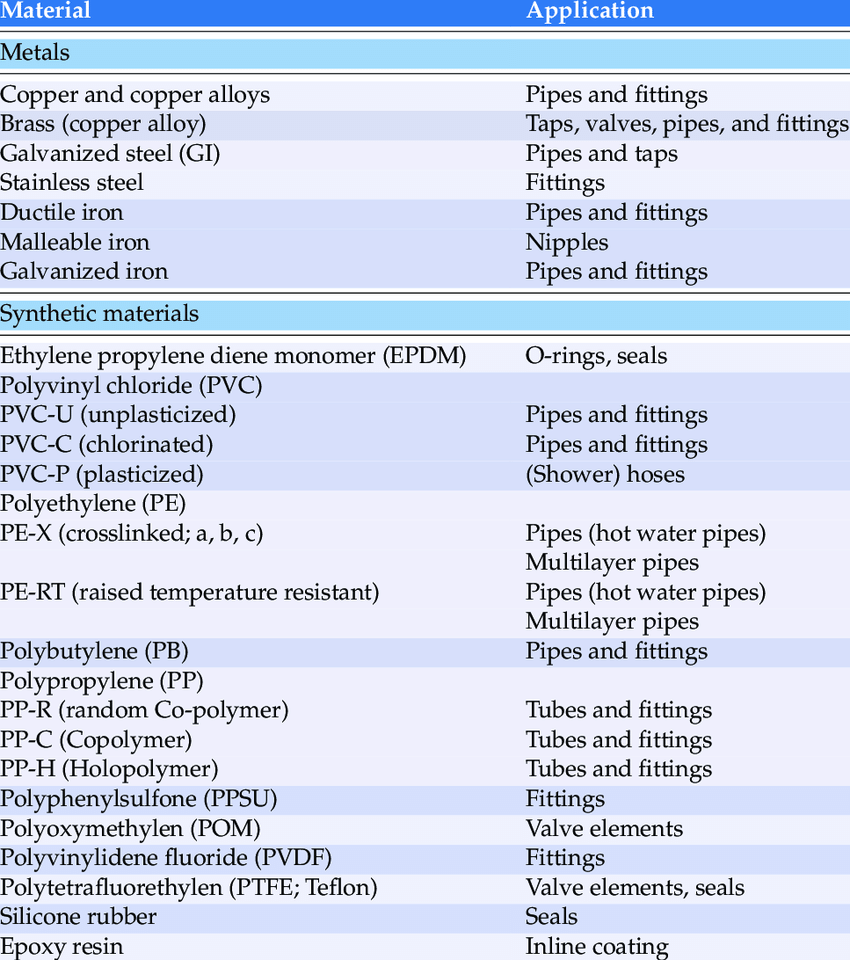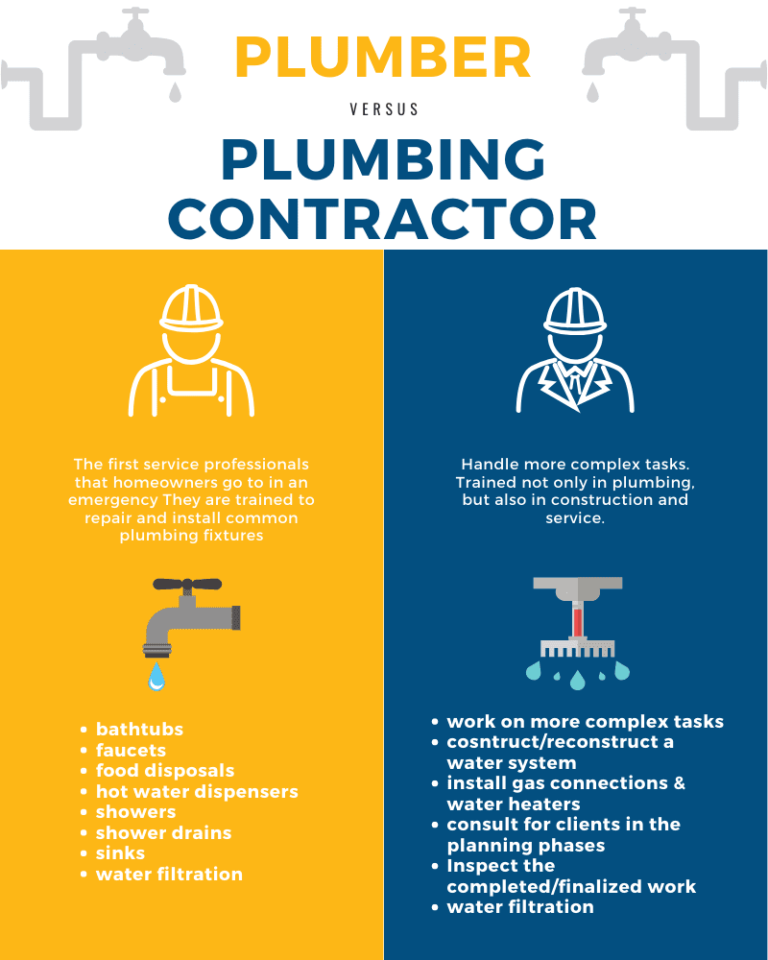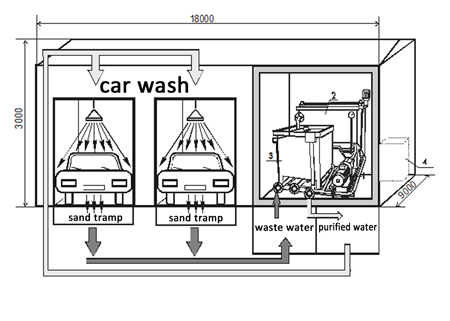What Materials Are Used In Plumbing?
Plumbing is the system of pipes, drains, fittings, and fixtures that are used to deliver water for drinking, bathing, and washing as well as for waste disposal and storm-water management. Plumbing materials include a variety of metals, plastics, and natural materials such as ceramic, concrete, and clay. Metals such as copper, brass, and galvanized steel are commonly used in pipes, fittings, and fixtures. Plastics such as PVC, CPVC, and PEX are also used for water supply lines. Natural materials such as ceramic, concrete, and clay can be used as well. The materials used for plumbing will vary depending on the application and the local building codes.
Overview of Plumbing Materials
Plumbing materials are the essential components of any plumbing system. From pipes and fittings to fixtures, the right combination of materials can help ensure a successful and efficient plumbing system. Plumbing materials range from brass and ABS plastic to copper and PVC, and each material has its own unique set of advantages and disadvantages. Understanding the different types of materials and their performance characteristics can help you determine which material is best suited for your project. From pipes and fittings to fixtures, the right combination of materials can help ensure a successful and efficient plumbing system. Whether you’re working on a residential or commercial project, there are plenty of options to choose from to meet your plumbing needs.
Different Types of Metal Plumbing Materials
Metal plumbing materials are incredibly versatile and come in a variety of different types, enabling homeowners to easily find the perfect material for their specific needs. Copper, brass, stainless steel, and galvanized steel are some of the most common types of metal used in plumbing, each material offering its own unique benefits. Copper is extremely durable, resistant to corrosion and is very easy to work with. Brass is known for its malleability, allowing for a variety of fittings and fixtures to be created with ease. Stainless steel is highly resistant to corrosion and is incredibly durable, while galvanized steel is a cost-effective material that is great for large-scale plumbing systems. No matter what type of metal plumbing material you choose, it is sure to provide years of reliable performance.
Plastic Plumbing Materials
Plastic plumbing materials are essential for many modern water systems, providing a reliable and cost-effective solution for a variety of applications. Plastic pipes, fittings, and valves are strong, lightweight, and easy to install, making them a smart choice for both residential and commercial plumbing projects. With their superior corrosion resistance and low maintenance requirements, plastic plumbing materials are perfect for reducing costs and ensuring a long-term solution. From drain, waste, and vent systems to water supply lines, plastic pipes and fittings are the ideal choice for any plumbing project.

Commonly Used Pipe Connectors
Pipe connectors are an essential component of any plumbing system. Whether connecting two pipes together, redirecting water flow, or providing a secure seal, these connectors are used in a variety of applications. Commonly used pipe connectors include compression fittings, threaded fittings, flange fittings, push-fit fittings, and soldered fittings. Each type of connector is designed with specific advantages and drawbacks, so it’s important to understand the differences before selecting the right one for your project. Compression fittings, for example, provide a watertight seal, but require a bit of elbow grease to assemble. Threaded fittings, on the other hand, are easy to install, but require a certain level of skill to ensure a secure seal. With the right connector, you can make your plumbing system safe, reliable, and efficient.
Understanding the Different Grades of Plumbing Materials
When it comes to plumbing, it is important to understand the different grades of materials used in order to ensure the job is done correctly. Different grades of plumbing materials are used in different applications, and each grade is designed for specific needs. Higher-grade materials are often more expensive and can last longer than lower-grade materials, but their cost may not always be justified for smaller projects. By understanding the different grades of plumbing materials, you can decide which grade is best suited for your specific project.
Choosing the Right Plumbing Materials for Your Project
When it comes to plumbing projects, selecting the right materials is key to ensuring the success of the job. From pipes to fittings and fixtures, having the right materials is essential for preventing leaks, avoiding costly repairs, and extending the life of your plumbing system. So, how do you choose the right plumbing materials for your project? First, assess the scope of the project. You’ll want to choose materials that are appropriate for the job, as well as those that are certified for use in plumbing systems. Secondly, consider the location and environment of the installation. In areas with high water pressure or those exposed to extreme temperatures, you’ll need to select materials designed to handle those conditions. Lastly, don’t forget to factor in your budget. While it’s important to select quality materials, you don’t want to invest in more than the job requires. By following these steps, you’ll be sure to choose the right plumbing materials for your project.
FAQs About the What Materials Are Used In Plumbing?
1. What type of pipe is used in plumbing?
The most common types of pipe used in plumbing systems are copper, PVC, PEX, and ABS.
2. What type of fittings are used in plumbing?
Fittings used in plumbing systems include compression fittings, threaded fittings, copper fittings, and soldered fittings.
3. What type of solders are used in plumbing?
Lead-free solders such as tin-lead, silver-tin, and silver-copper alloys are commonly used in plumbing systems.
Conclusion
In conclusion, plumbing materials are essential components for any plumbing system. Commonly used materials include copper, PVC, galvanized steel, PEX, and CPVC. Each material provides its own benefits and drawbacks, and it is important to choose the right materials for the job. Copper is the most durable and reliable material, but is also the most expensive. PVC is the most cost-effective option, but is not as durable as copper. Galvanized steel is a strong and durable material, but is susceptible to corrosion. PEX and CPVC are both cost-effective and corrosion-resistant, but PEX is more flexible and CPVC is more rigid. Ultimately, choosing the right material for the job will ensure a successful plumbing system.






